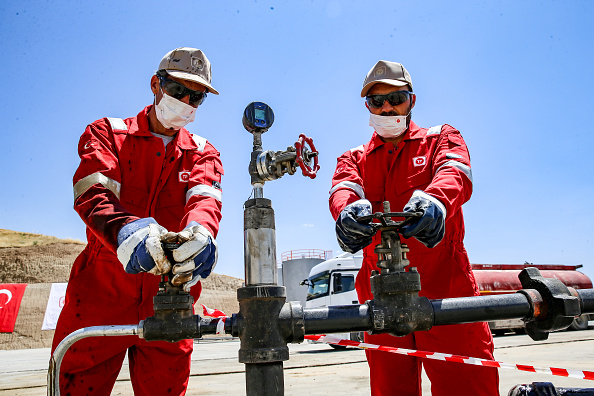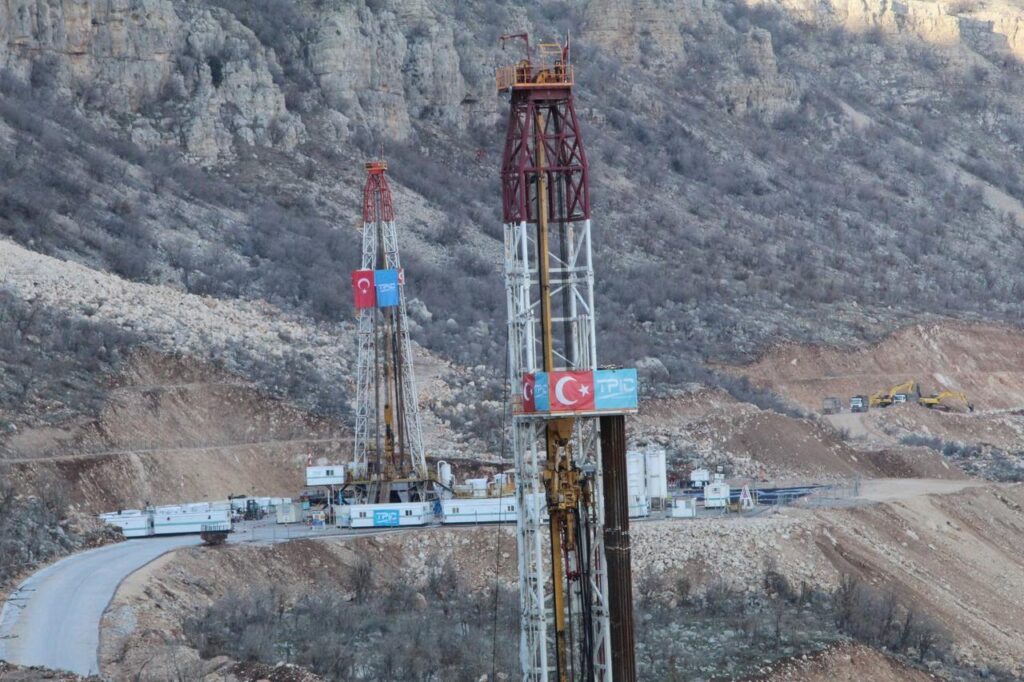In what could become a transformative moment for Türkiye’s energy landscape, the nation has announced the discovery of a massive shale oil reserve estimated at 6.1 billion barrels in its south-eastern Diyarbakır Basin. The revelation, made by Energy Minister Alparslan Bayraktar, could catapult Türkiye above several OPEC members and key global producers in terms of reserve size.
The estimate was provided by U.S. based oil company Continental Resources, which recently partnered with Türkiye’s national oil company TPAO to explore and develop shale prospects in the region. If validated, the discovery would dramatically shift Türkiye’s position in the global energy hierarchy.
“This discovery marks a critical milestone for our energy independence,” Bayraktar said during a visit to Şırnak province. “It could elevate Türkiye beyond countries such as Gabon, Congo, or even the United Kingdom in terms of oil reserves.”
Currently, Türkiye imports over 90% of its energy, making energy security a key strategic goal. With annual crude imports nearing 365 million barrels, the potential development of domestic shale reserves represents a major step toward reducing reliance on foreign energy and lowering the national import bill.
The announcement builds on a series of recent discoveries and agreements that signal a broader energy strategy shift. Just two months ago, Continental Resources and TPAO signed a landmark deal to jointly develop the shale-rich Diyarbakır Basin, with expectations of commercial production on the horizon.
Additionally, Türkiye is looking to expand shale gas production in the north-western Thrace region, further diversifying its energy portfolio.
The shale oil discovery comes on the heels of another significant announcement: a 75 billion cubic metre natural gas find in the Black Sea, revealed by President Recep Tayyip Erdoğan earlier this month. This follows Türkiye’s largest-ever onshore crude oil discovery of 1 billion barrels in Şırnak province just two years ago, yet another indication of the country’s accelerated push to unearth domestic energy assets.

Notably, the recently discovered crude is of higher quality than Türkiye’s current output, boasting an API gravity of 41, which classifies it as light crude, a grade highly valued on the international market.
Despite its exploration momentum, Türkiye remains heavily reliant on imports, with 2024 production averaging 127,000 barrels per day. Imports, by contrast, hover near 1 million barrels per day, with a significant portion, two-thirds, sourced from discounted Russian oil and refined products, according to figures from the country’s Energy Ministry and regulatory authorities.
With global energy markets increasingly influenced by geopolitics, resource nationalism, and the shift toward cleaner fuels, Türkiye’s push to develop its domestic reserves, especially in shale oil, could redefine its role not only regionally but globally.
As the country lays the groundwork for a more energy-secure future, all eyes will be on how swiftly these shale reserves can be confirmed and brought online, and what this will mean for Türkiye’s broader geopolitical influence and economic resilience in the years ahead.



